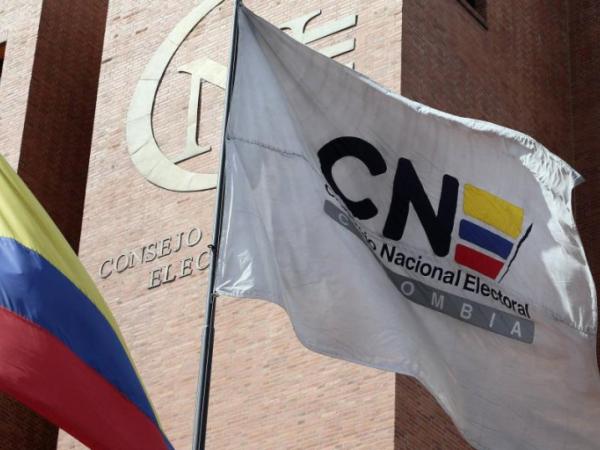Lilian Hernandez Osorio
La Jornada Newspaper
Monday, October 21, 2024, p. 12
Although the Electoral Tribunal of the Judicial Branch of the Federation (TEPJF) emerged as an institution with independence and autonomy to resolve violations of electoral laws, as well as to defend political rights, its performance in almost 20 years of existence has oscillated between virtue and vice, since it has been a prey to political interests.
This is revealed by the book Rethinking the electoral tribunal; proposals for its reform, edited by the jurisdictional body, where an academic analysis warns that in many rulings political interests have prevailed through its magistrates, who have issued sentences that question its legitimacy and existence.
The analysis Electoral hyperlitigation; the Electoral Tribunal of the Judicial Branch of the Federation and the reform of the law on means of challenge
the last chapter of the book, highlights that many times it has been an institution that establishes resolutions of enormous importance
but it has also been questioned by decisions of the magistrates, revealing political and partisan interests, which detracts from the credibility of the court.
The above, according to the study, prepared by UNAM academic Hugo Concha Cantú, lies in the inability to ensure independence from government or political interests
as well as in its bureaucratic growth excessive
, his claim to assume himself as the last authority on the matter
and its weakness in the imposition and execution of sanctions.
Concha affirms that the number of appeals that parties can file before the higher court have triggered the electoral hyperlitigation
since over time an unlimited jurisdiction has been developed, through reforms to the General Law of the System of Means of Challenge in Electoral Matters.
With this, he adds, a politicization of electoral justice
by converting the court into a necessary institution for every process undertaken by political actors, so that it has become a space of negotiation and accommodation of your interests
.
Although the TEPJF has been fundamental in the development of political life, he points out, the controversial rulings that have questioned its impartiality and judicial independence demonstrate that it is urgent to find mechanisms so that it stops being a less political, more independent court. and fully effective in ensuring compliance with the law and guaranteeing democratic consolidation
.
















